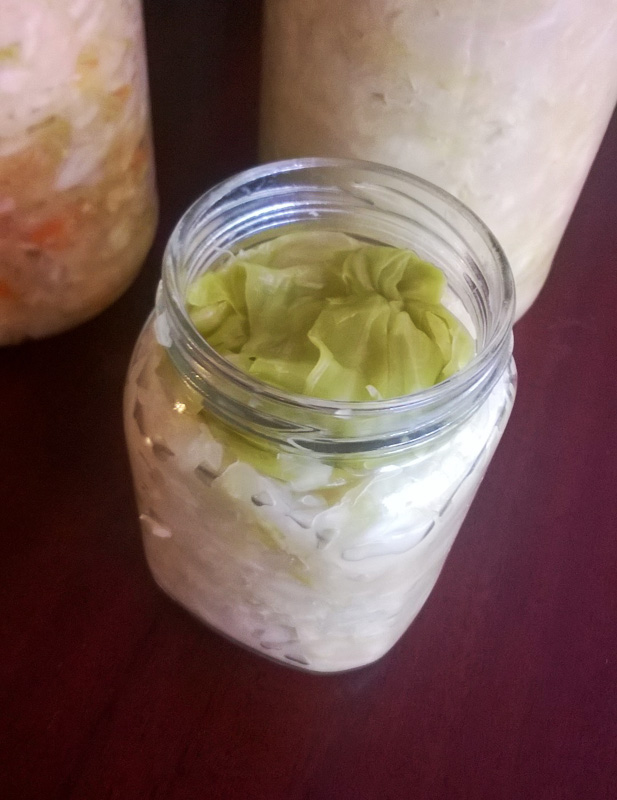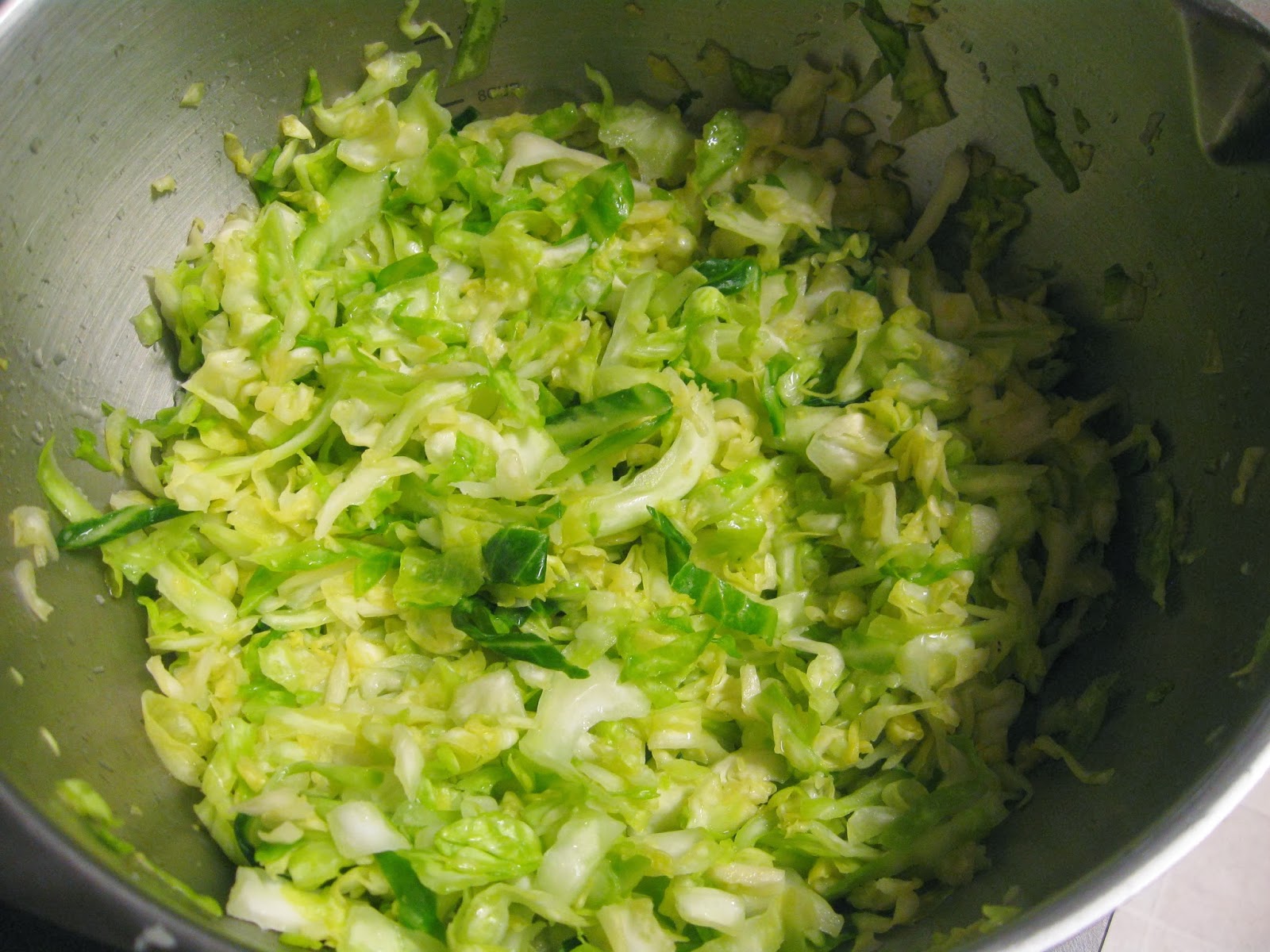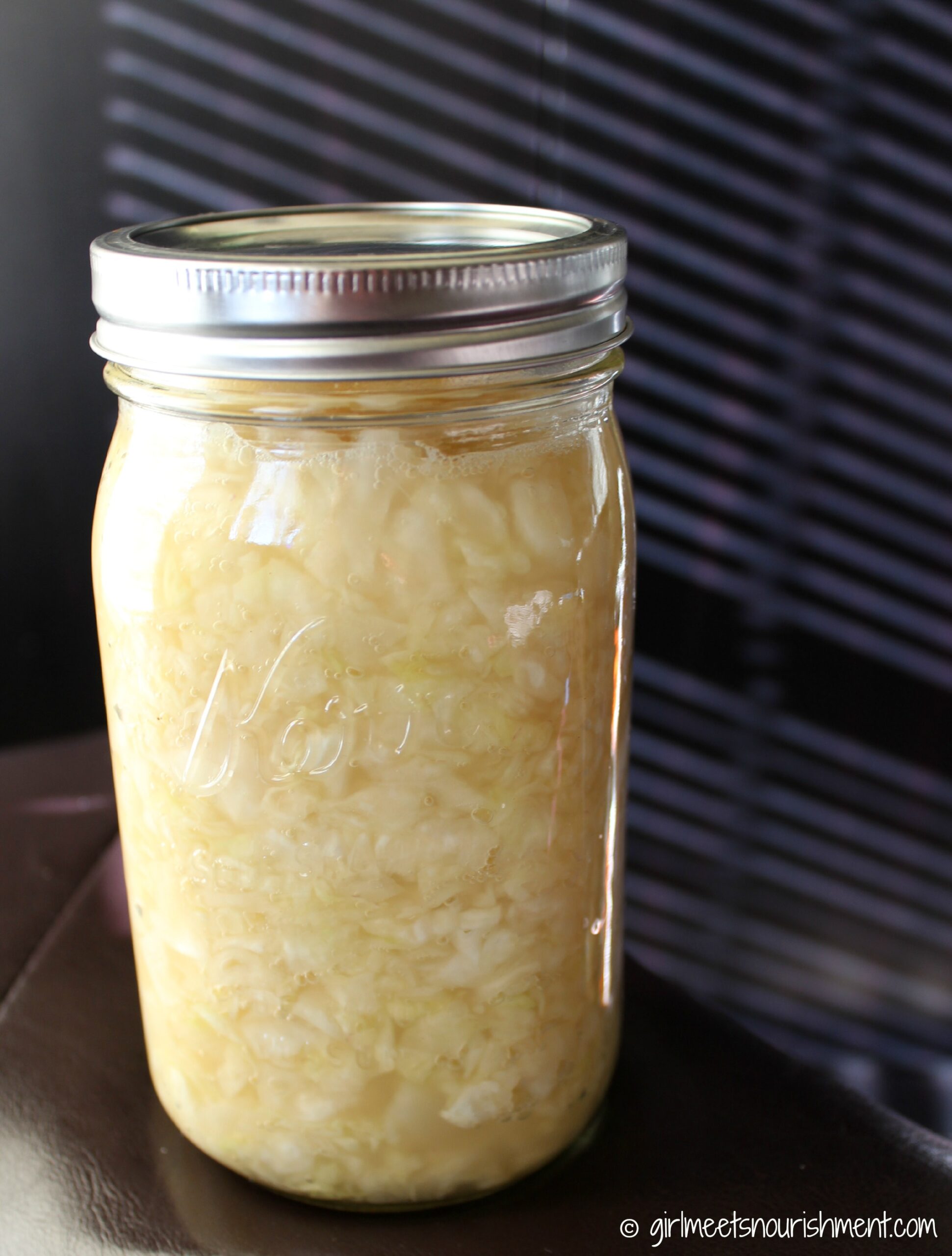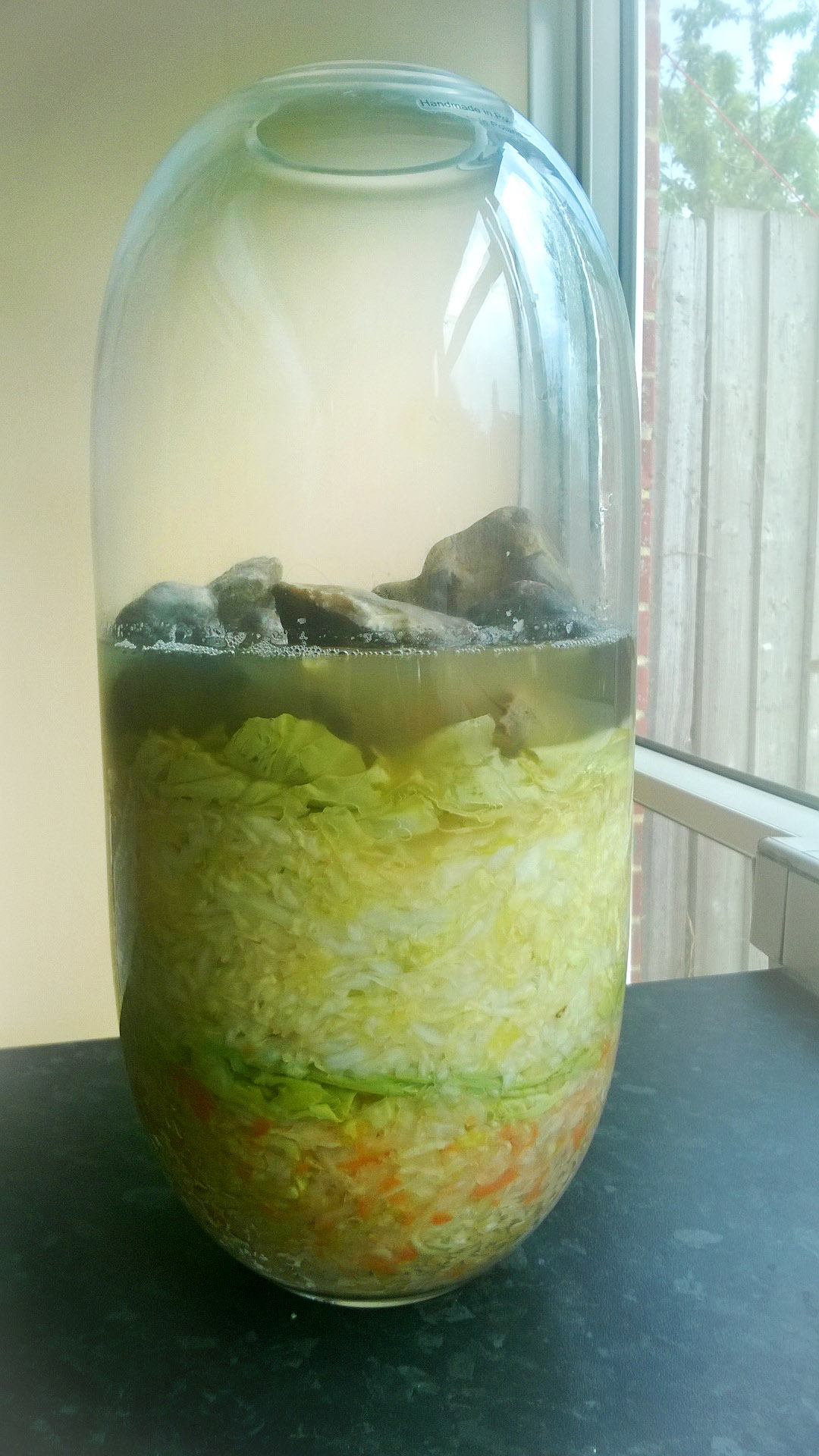Hand made Sauerkraut
Benefits
Many health benefits have been claimed for sauerkraut.
- It is a source of vitamins C, B, and K the fermentation process increases the bioavailability of nutrients rendering sauerkraut even more nutritious than the original cabbage.
- It is also low in calories and high in calcium and magnesium, and it is a very good source of dietary fiber, folate, iron, potassium, copper and manganese.
- If unpasteurized and uncooked, sauerkraut also contains live lactobacilli and beneficial microbes and is rich in enzymes. The fiber and supply of probiotics improve digestion and promote the growth of healthy bowel flora, protecting against many diseases of the digestive tract.
More information:
- Sauerkraut has been used in Europe for centuries to treat stomach ulcers, and its effectiveness for soothing the digestive tract has been well established by numerous studies.
- Raw sauerkraut is distinctly different from store-bought, canned sauerkraut. While many food manufacturers can or jar their kraut using heat in order to extend shelf life, raw sauerkraut is lacto-fermented and is alive with good bacteria and probiotics. Raw sauerkraut is fermented over days or weeks at room temperature, packaged into jars with its own brine solution, then refrigerated to preserve the vitamins, enzymes, and beneficial bacteria without any heat. The lactic acid creates beneficial intestinal flora, balances stomach pH both directions, and helps break down proteins.
- During the American Civil War, the physician John Jay Terrell (1829–1922) was able to successfully reduce the death rate from disease among prisoners of war; he attributed this to the practice of feeding his patients raw sauerkraut.
- Sauerkraut is a time-honored folk remedy for canker sores. It is used by rinsing the mouth with sauerkraut juice for about 30 seconds several times a day, or by placing a wad of sauerkraut against the affected area for a minute or so before chewing and swallowing the kraut.
- The October 23, 2002 issue of the Journal of Agriculture and Food Chemistry reported that Finnish researchers found the isothiocyanates produced in sauerkraut fermentation inhibit the growth of cancer cells in test tube and animal studies. A Polish study in 2010 concluded that "… induction of the key detoxifying enzymes by cabbage juices, particularly sauerkraut, may be responsible for their chemopreventive activity demonstrated by epidemiological studies and in animal models".
- Sauerkraut is high in the antioxidants lutein and zeaxanthin, both associated with preserving ocular health.
Nutrition Facts
|
Amount Per 100 grams |
| Calories 19 |
| % Daily Value* | |
| Total Fat 0.1 g | 0% |
| Saturated fat 0 g | 0% |
| Polyunsaturated fat 0.1 g | |
| Monounsaturated fat 0 g | |
| Cholesterol 0 mg | 0% |
| Sodium 661 mg | 27% |
| Potassium 170 mg | 4% |
| Total Carbohydrate 4.3 g | 1% |
| Dietary fiber 2.9 g | 11% |
| Sugar 1.8 g | |
| Protein 0.9 g | 1% |
| Vitamin A | 0% | Vitamin C | 24% |
| Calcium | 3% | Iron | 8% |
| Vitamin D | 0% | Vitamin B-6 | 5% |
| Vitamin B-12 | 0% | Magnesium | 3% |
| *Per cent Daily Values are based on a 2,000 calorie diet. Your daily values may be higher or lower depending on your calorie needs. |





Reviews
There are no reviews yet.